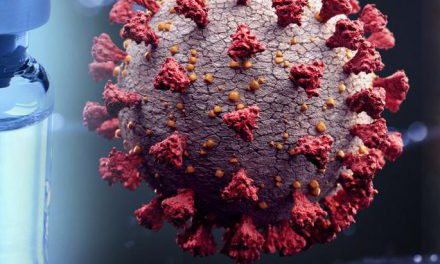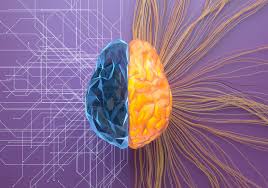Lewy body disease, the second most prevalent brain degenerative disorder after Alzheimer’s disease, may begin to manifest in the brain as early as middle age, according to a recent study by researchers from the Universities of Helsinki and Tampere. The findings, published in the journal Annals of Neurology, shed light on the potential for earlier diagnosis and treatment of this progressive condition.
Lewy bodies, abnormal deposits of alpha-synuclein protein, are typically found in the brainstem, limbic system, and cerebral cortex. These same tissue changes are observed in patients clinically diagnosed with Parkinson’s disease, which shares similarities with Lewy body disease.
Recognizing Lewy body disease in its early stages can be challenging, as symptoms tend to develop gradually and may include movement disturbances, memory problems, and psychiatric symptoms. However, the recent study suggests that disease markers may begin to emerge in the brain during middle age, even before symptoms become apparent.
“Our findings suggest that Lewy body disease may be more prevalent in individuals over 50 than previously believed,” explains Associate Professor Liisa Myllykangas from the University of Helsinki. “We observed disease changes in approximately nine percent of people over 50 who did not have a clinical diagnosis of Parkinson’s disease or Lewy body disease.”
The researchers conducted their investigation using Finnish forensic autopsy data, comprising approximately 600 individuals aged 16-95 who passed away outside of hospital settings. This unique dataset allowed them to examine the occurrence of Lewy body disease markers in young and middle-aged subjects who were not known to have the disease.
According to Myllykangas, identifying disease changes in younger age groups is crucial for the development of effective treatments targeting the early stages of degenerative brain diseases. “Future therapies will likely focus on patients in the early stages of the disease or those at risk of developing it,” she explains.
The study underscores the importance of further research to confirm and expand upon these findings, with the ultimate goal of improving the early detection and management of Lewy body disease. Early diagnosis holds the potential to enhance treatment outcomes and quality of life for individuals affected by this debilitating condition.
As medical science continues to advance, studies like this one contribute valuable insights into the complexities of neurodegenerative disorders, offering hope for more effective interventions and better outcomes for patients in the future.











